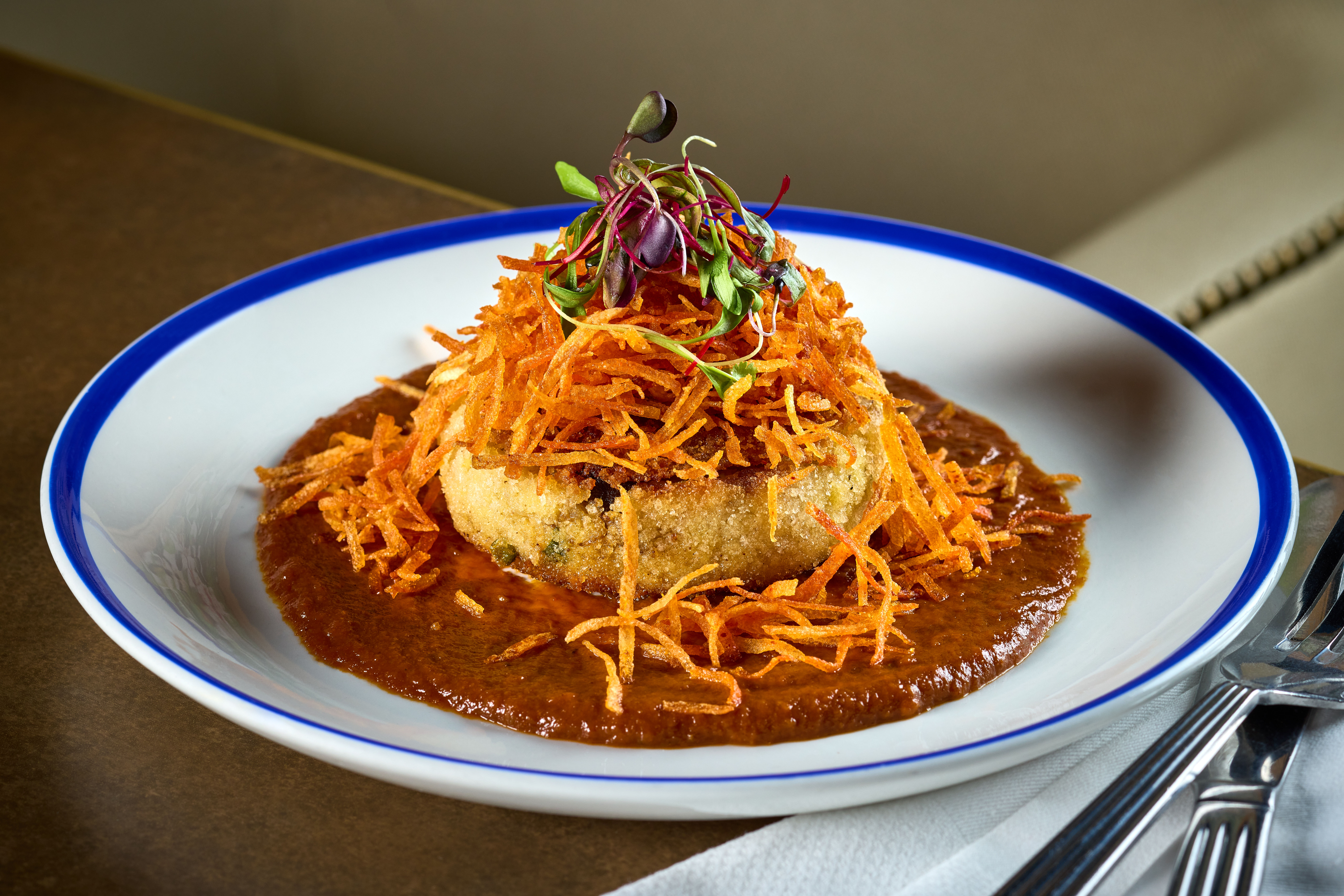WASHINGTON — Resolutions don’t have to be prohibitive. This year, resolve to try something new — starting with your wine.
Turkish wine is becoming increasingly popular in the U.S., and in 2016, you’ll be seeing more of it in your favorite restaurants and wine shops.
“There’s definitely a lot of buzz in the sommelier community about Turkish wine,” says Andrew Stover, a certified sommelier and founder of Vino 50 Selections. “You’re going to start to see it pop up as kind of weird, unique additions to some of the really geeky wine programs in the city. It’s not just going to be in Mediterranean or Turkish restaurants.”
Turkish wine’s rise to popularity is a result of recent marketing restrictions placed on the country’s winemakers and distributors, explains Erin Gorman of Ankara, a Turkish restaurant in Dupont Circle. Because of the advertising limitations, Turkey’s wine industry has shifted its focus to exports and overseas markets — and this means good things for consumers.
“If you can’t sell here, then the attention shifts to be international,” Stover says. “And with the focus of export, the quality has to go up.”
It’s time to broaden your taste buds and go beyond Bordeaux. Here are five reasons why you should try Turkish wine this year:
1. Turkey has been making wine longer than most
Historians can trace wine production in Turkey back thousands of years. In fact, wine historians believe the country’s southeast region was the origin of grape domestication.
“Village winemaking in Turkey has gone on since 7,000 years ago, relatively uninterrupted and particularly in non-Muslim communities,” Gorman explains.
Commercial winemaking, however, didn’t take off in the country until the 1920s.
Stover says Turkey’s diverse climate is ideal for grape growing — especially in the Western part of the country where the weather is warm and dry.
“It’s right on the Mediterranean so it has the influence that you find in Greece, in parts of Spain and in parts of Italy,” Stover says.
2. Chances are, you already like Turkey’s most common varieties
Prefer Pinot Noir? Stover says Turkey’s indigenous grape, the Kalecik Karasi, has all the red fruit, spice and pepper notes you’d expect to find in your favorite bottle from Oregon.
If pinot grigio is more your style, Gorman suggests you try Emir, the main white grape grown in Cappadocia. It produces a wine that, similar to pinot grigio, has a bright, fresh, citrus taste.
Turkey’s Narince is comparable to chardonnay, and the Boğazkere is perfect for fans of cabernet sauvignon.
3. Turkey’s wine industry is experiencing a renaissance
Even though Turkish communities have been making wine for thousands of years, the industry is undergoing somewhat of a renaissance. Turkey’s booming tourism industry is driving much of the newfound excitement over wine production, and so is the international attention.
Stover says some of the country’s newest wineries are calling on the old-world experts.
“The newer wineries in Turkey are a lot like the newer wineries in the U.S., where someone has made millions in some other business and [wanted to open a winery]. And they’re bringing in the best from Europe — Italian winemakers, French winemakers,” he says.
4. Turkish wine pairs well with food
One of the best qualities of wine is that it pairs so well with food — and the same can be said for Turkish wine. Gorman says if you’re looking to keep things light, Emir is perfect for an evening of mezze — especially cold, vegetarian plates, such as hummus, salads and dolmas (stuffed grape leaves).
Want something that can stand up to a warm and hearty dish? Gorman says one of her favorite pairings is the Kalecik Karasi with moussaka, which she makes with ground beef, layered with eggplant, béchamel and a light tomato sauce.
“It’s very warm, it’s very filling, and it balances nicely with that Pinot Noir-style grape,” she says.
A popular item on most Turkish menus is lamb, and Gorman says the Turkish grape Öküzgözü is the meat’s perfect pairing.
5. You can find it locally
Ready to pop the cork and try a sip? Good news: You can find Turkish wine in the D.C. area. Stover says specialty stores, such as Cleveland Park Wines, Potomac Wine and Spirits and DCanter, all carry Turkish wines.
But don’t expect to have luck bringing home a bottle from the grocery store, just yet.
“Because there’s still small production and there isn’t all that much that comes to the U.S. yet,” Stover says.
If you don’t want to commit to a whole bottle, a few restaurants around town pour Turkish wines by the glass, including Ankara and Zaytinya. Stover expects others will join them in the near future.
“I think one of the things you’ll start seeing is kind of [the same thing you saw] with Greek wines. We’ve seen Greek wines make the jump from being in Mediterranean-focused or Greek restaurants, and now you can find Greek wines in American restaurants,” Stover says.







